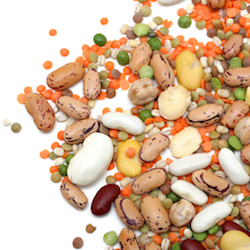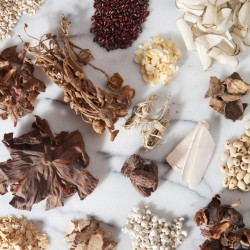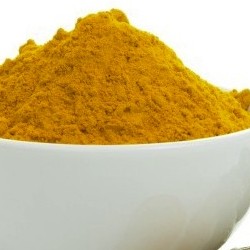This archived case study Dan Lukaczer, ND is a useful model for practitioners seeking to develop a nutritional approach to treating arthritic symptoms. As Lukaczer points out in this case study, the relationship between rheumatoid arthritis [or any form of arthritis] and the myriad potential environmental triggers is beyond the scope of this report. Instead, this paper addresses the use of a focused nutritional support program and discusses select environmental influences to illustrate the rationale behind this clinical approach. Given the complexity of RA, no one approach can benefit all patients, but it is hoped that the case illustrated here will show how a nutritional program can be personalized, leading to a clinically-beneficial result. Registered users and Today’s Practitioner members can access the entire case study.
Integrative Nutritional Approach to the Treatment of Rheumatoid Arthritis, Published in Integrative Medicine, A Clinician’s Journal Vol. 4, No. 2 by Dan Lukaczer, ND










